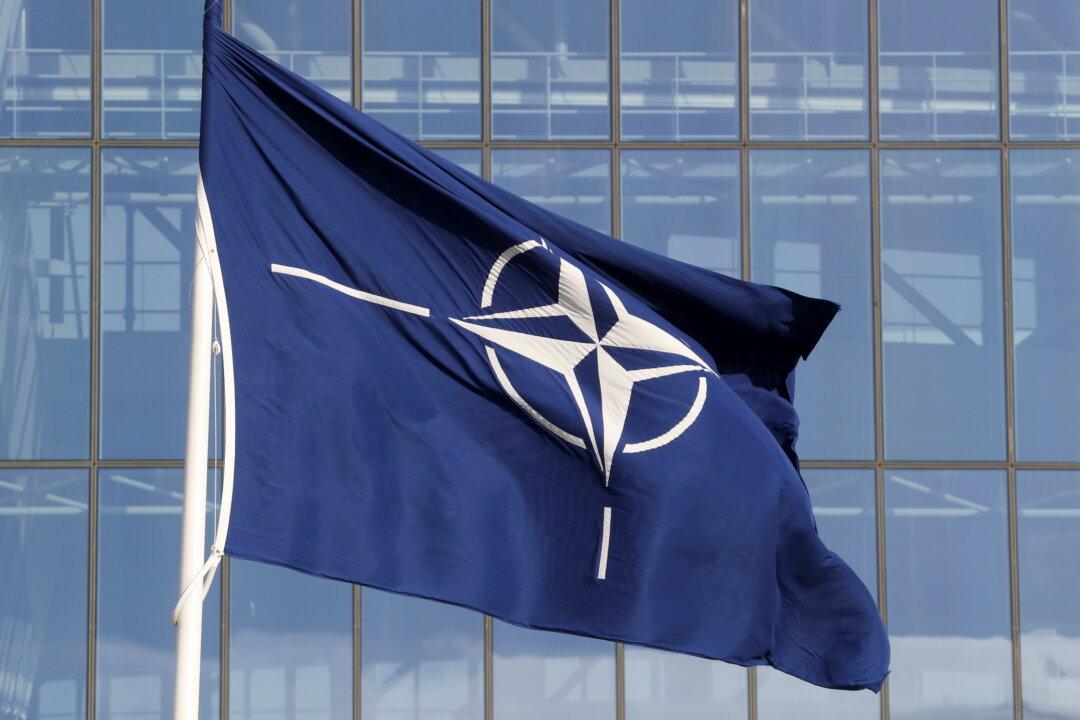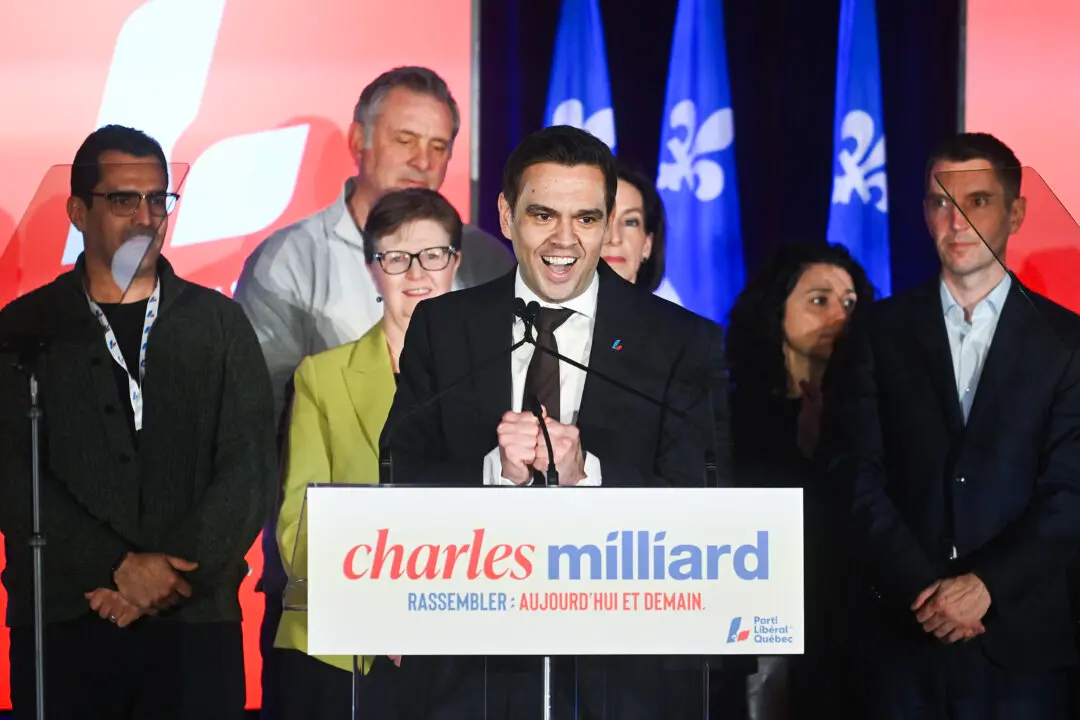OTTAWA—Prime Minister Justin Trudeau is on his way to meet with Nordic leaders ahead of an upcoming NATO summit and as uncertainty looms over the future of the Arctic.
Trudeau is slated to travel to Iceland, which will host leaders from Denmark, Sweden, Finland, and Norway over the next two days for an annual gathering of Nordic prime ministers.





